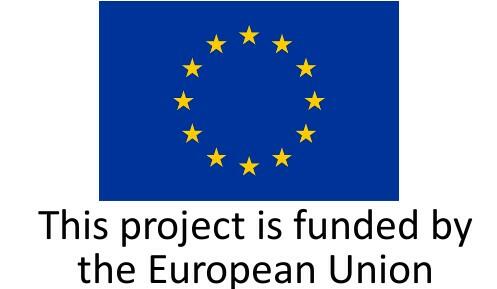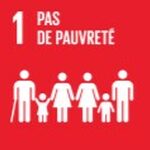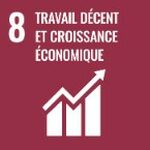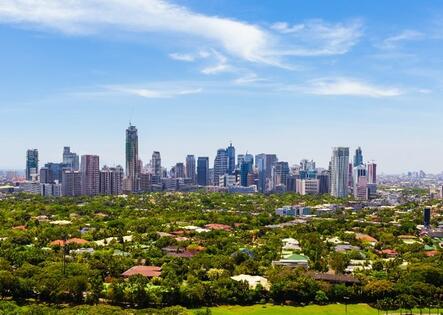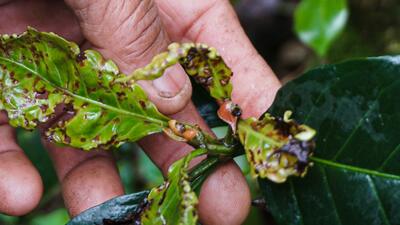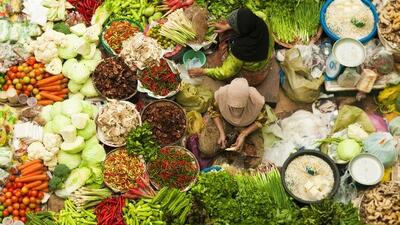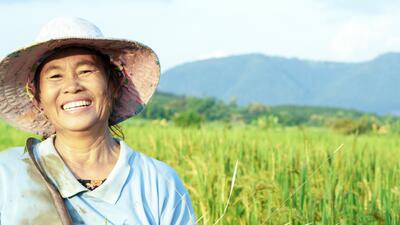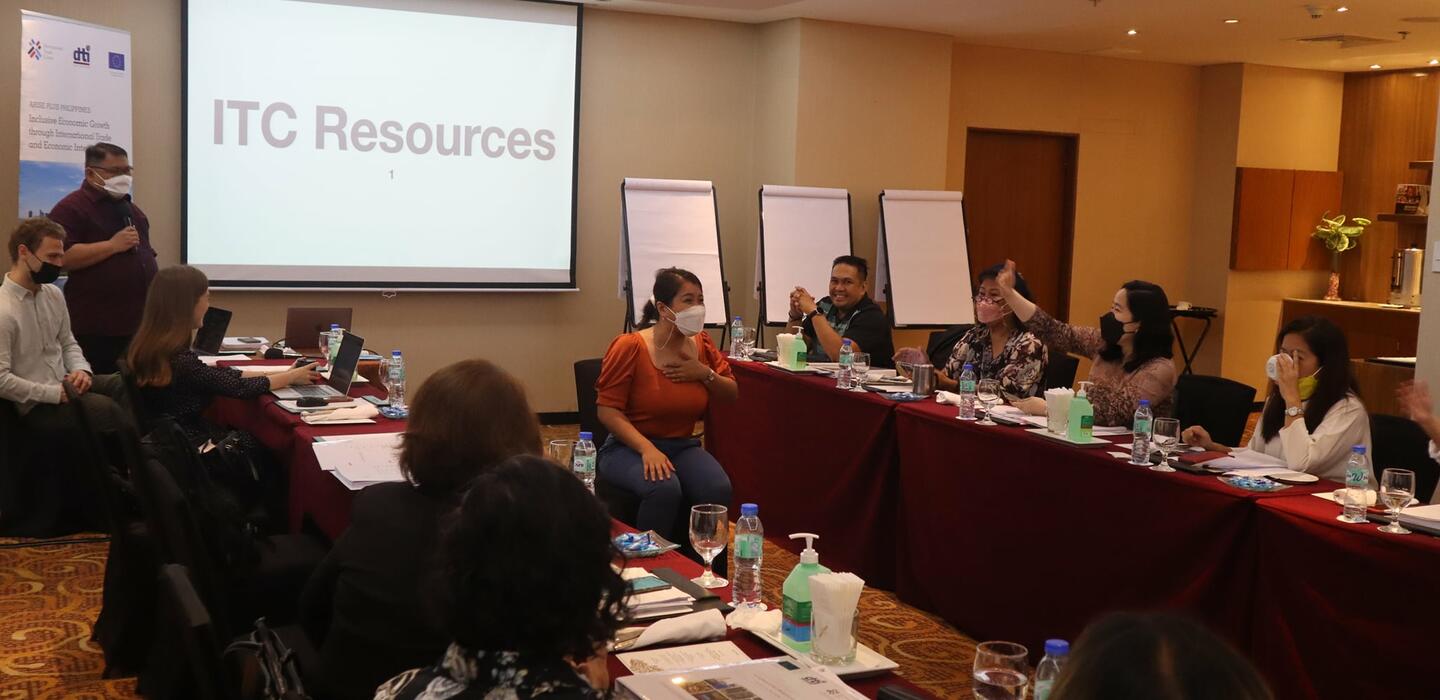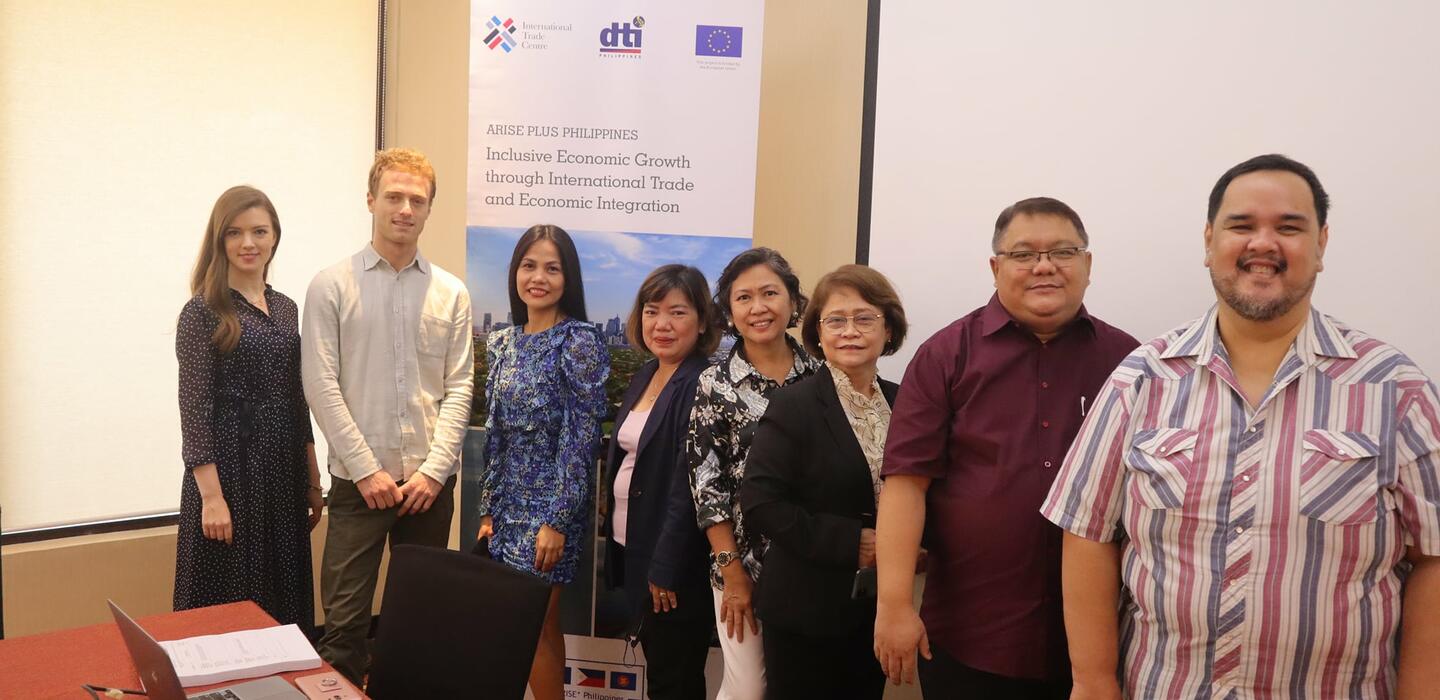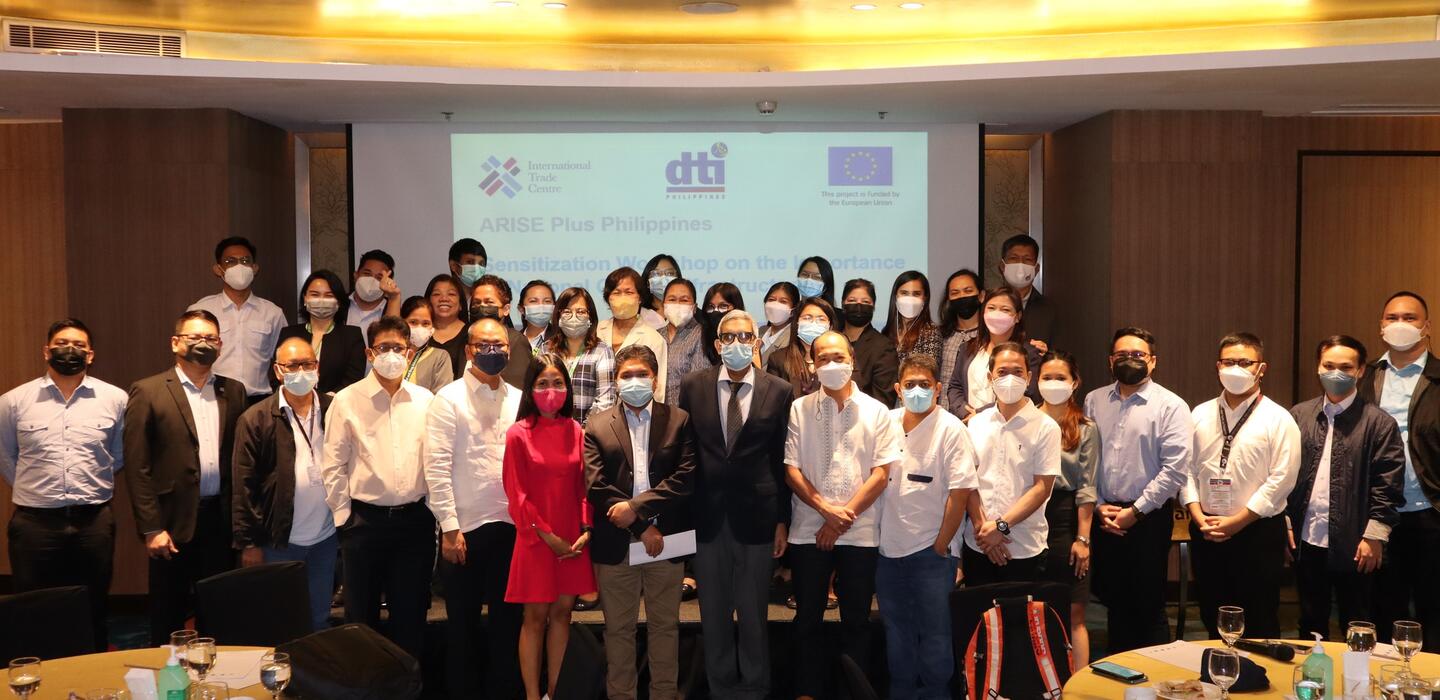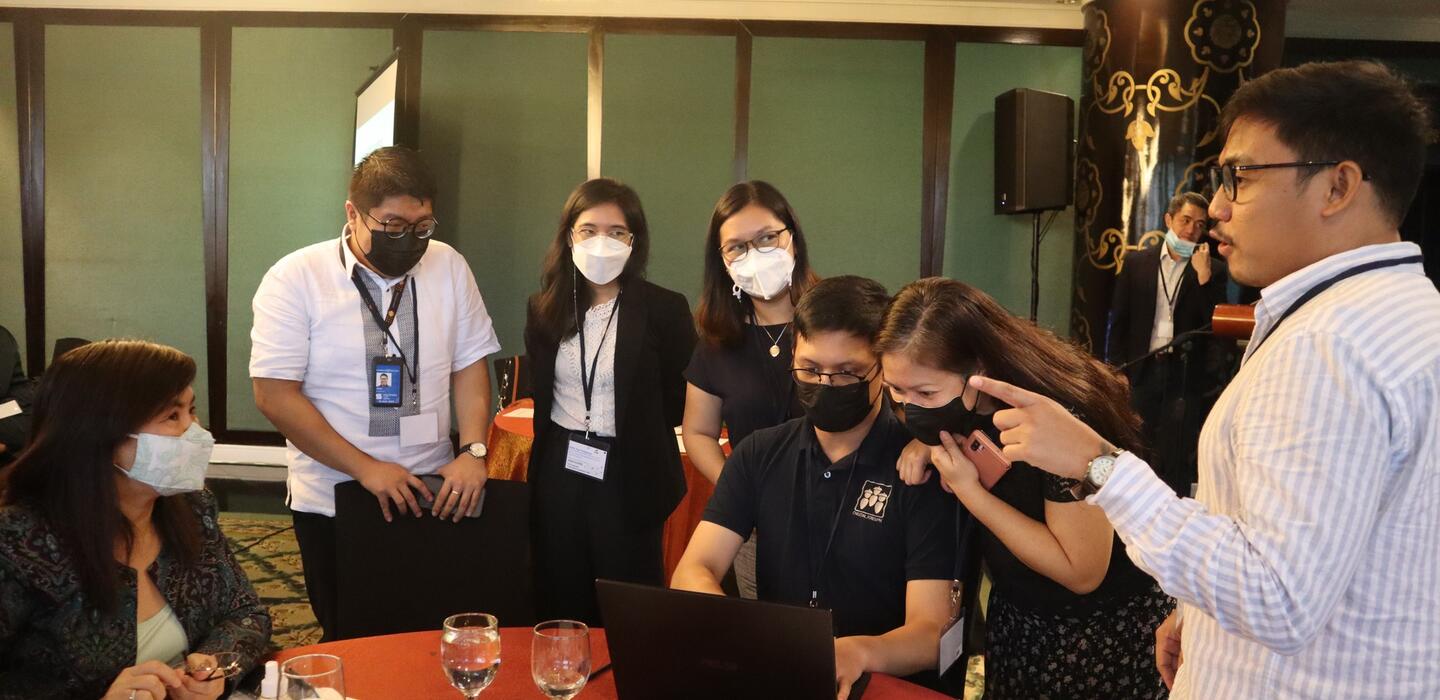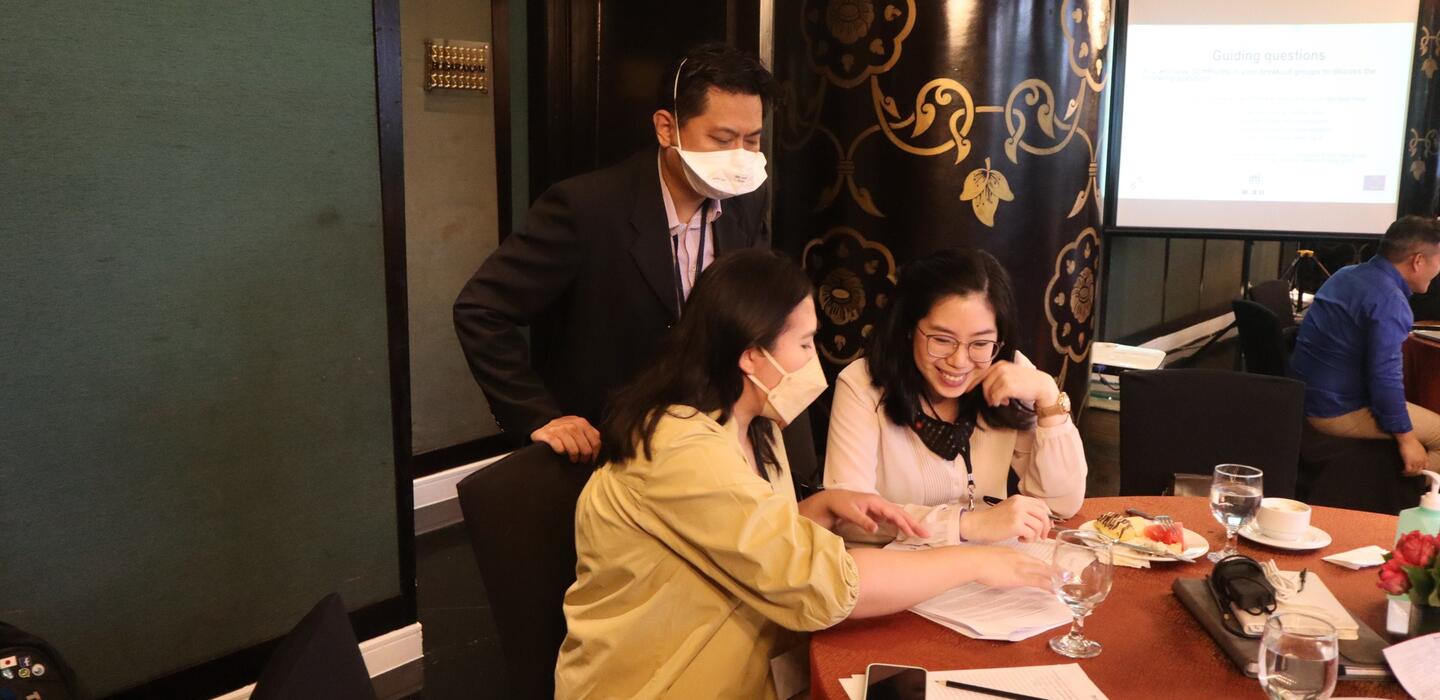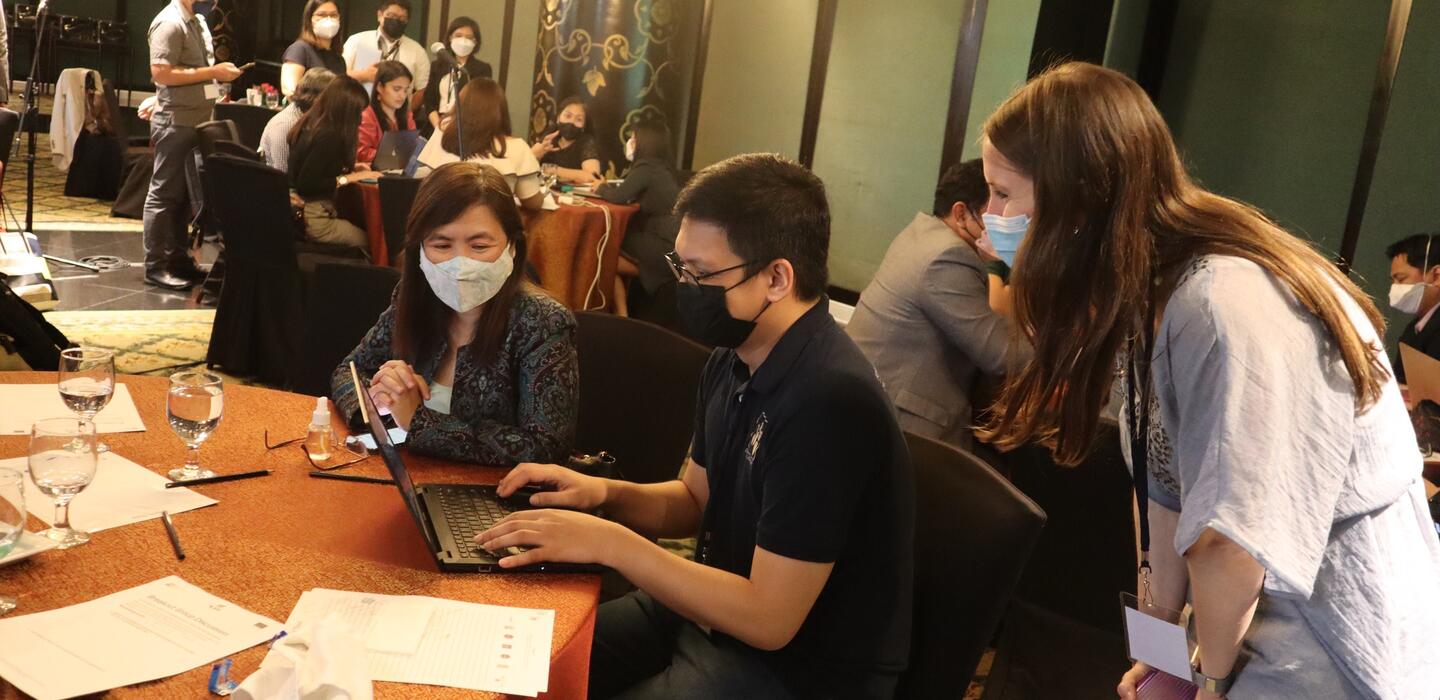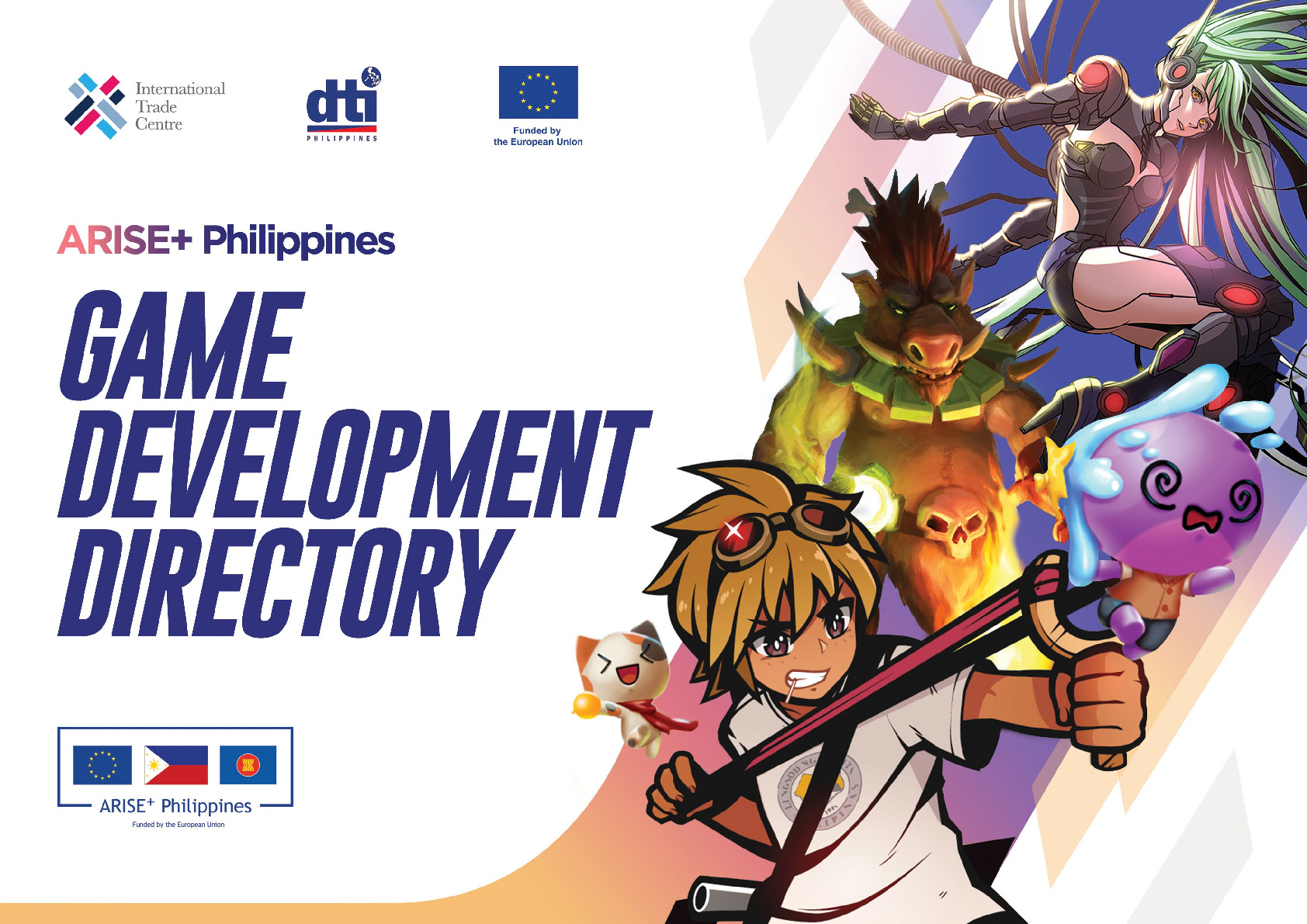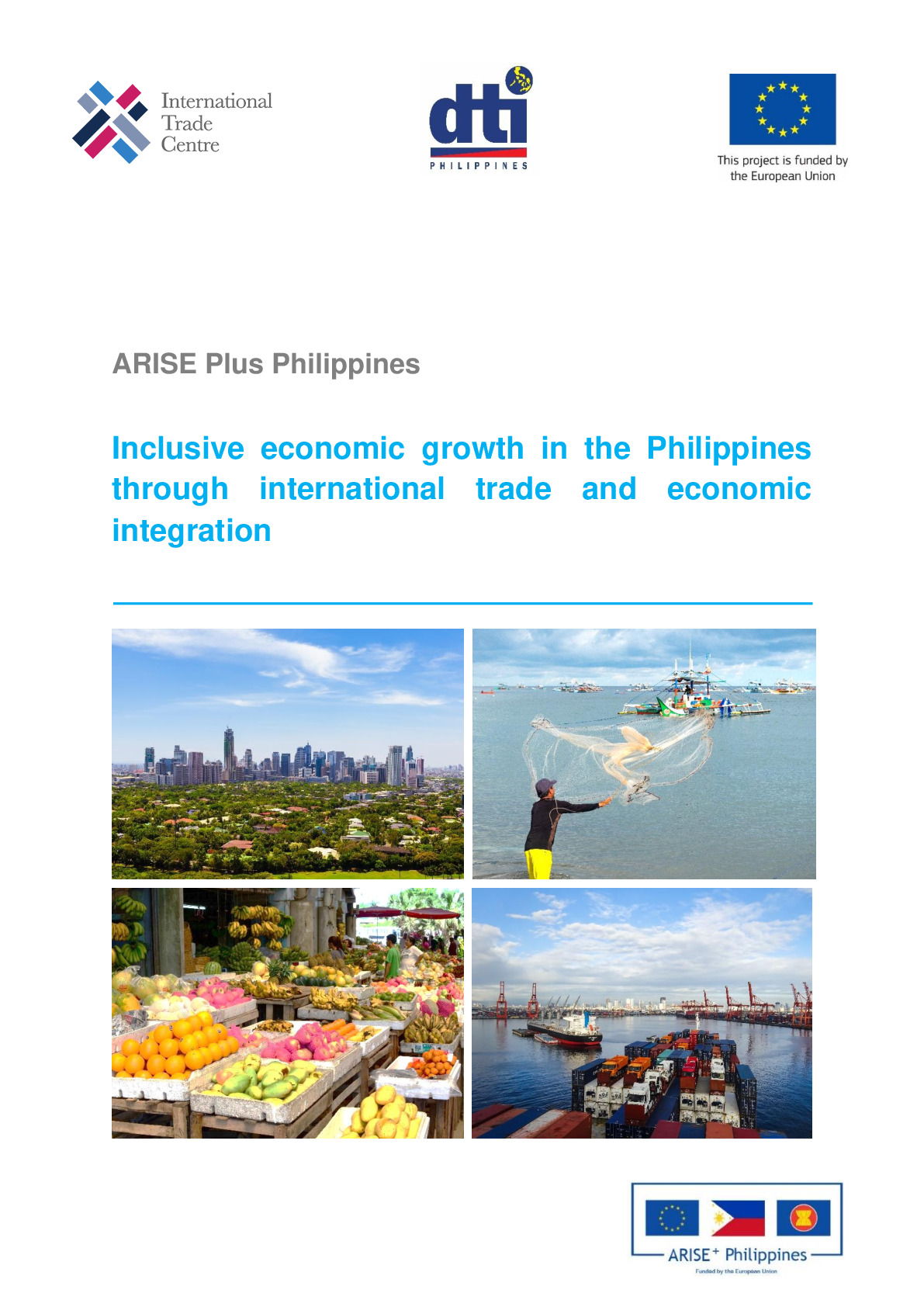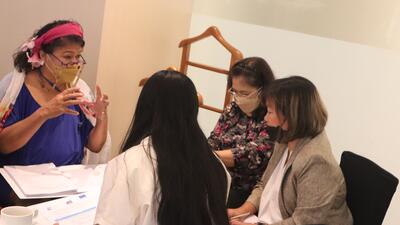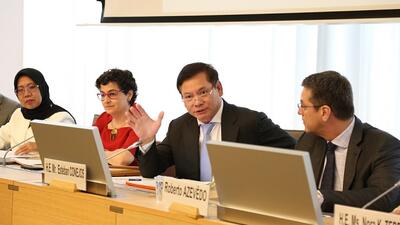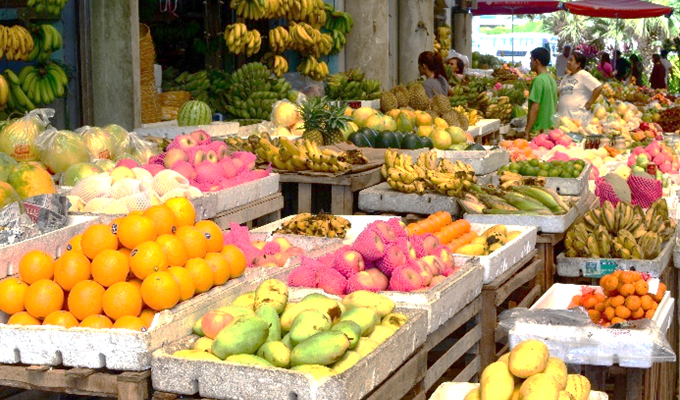
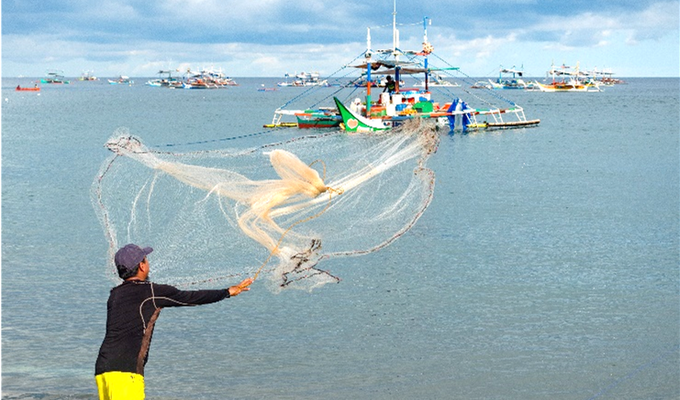

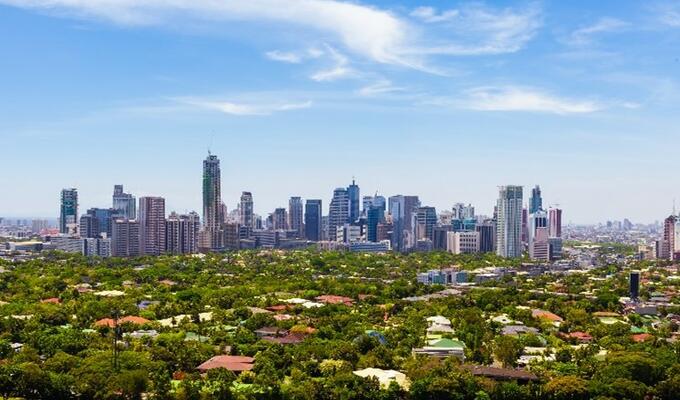
Philippines: Trade-Related Assistance (Arise + Philippines)
Aperçu
Résumé
ARISE Plus Philippines aims to foster inclusive economic growth in the Philippines through improved international trade performance and competitiveness as well as economic integration. The project is aligned and contributes to the Philippines Development Plan 2017-22, the Philippines Export Development Plan 2018-22, the Inclusive Innovation Industrial Strategy, and the Micro, Small and Medium-Sized Enterprises (MSME) Development Plan 2017-22, all feeding into the 25 Year AmBisyon Natin 2040, the country’s long term development plan.
ARISE Plus Philippines will focus as a priority on enabling the Philippines to take advantage of EU market access and of the trade privileges granted under the Generalized System of Preference (GSP+) as well as support the overall EU-Philippines trade relationship and trade-related policies.
Partenaires
Objectifs de développement durable
Projets
Third largest economy of the region, the Philippines has achieved sustained rapid economic growth since the early 2000’s with an average real Gross Domestic Product (GDP) growth of 6.4% over the period 2010-19, outperforming most of its regional peers. This makes the Philippines one of the most dynamic economies in the region with a population in 2019 of 108 million, with a large proportion of youth (28% between 10 and 24 years old). The Philippine economy has undergone a persistent transformation, increasingly heading towards a service-based economy, with the services sector accounting for more than two thirds of the GDP, and agriculture declining to below 9% in 2019.
The Philippines reached lower middle-income country status in the late 70’s and set itself the target of achieving upper middle-income country status by 2022. While recent economic performances have translated into sustained and inclusive benefits, and improved the living conditions of millions of Filipinos, poverty remains widespread across the country, with one in five persons living in extreme poverty.
Openness to trade has increased steadily since 2014, although the Philippines’ trade balance remains characterised by a persistent and widening trade deficit caused by significant imports over exports, especially of key commodities such as crops and livestock. While the country’s exports recorded a 6% growth over the period 2015-19, exports in goods perform weakly and are highly concentrated, with electronics making up about 50% of the total. The majority of the country’s exports go to the United States of America, China, Japan, Singapore and the European Union (EU).
As such, the Philippines is actively pursuing increased trade openness, through reforms, regional and bilateral negotiations, and multilateral rule-making, to achieve its development objectives.
ARISE Plus Philippines
The project aims to facilitate the identification and leveraging of export priorities, support the set-up of a National Quality Infrastructure (NQI) as well as internationally aligned quality management and control systems for exported food products, and strengthen institutional and private sector capacities on trade facilitation for the implementation of national legislation and international trade commitments. It supports greater economic integration between the Philippines and the Association of Southeast Asian Nations (ASEAN) region, in line with the ASEAN Economic Community (AEC) Blueprint 2025. It also contributes to the effective participation in the multilateral trading system through better understanding and leveraging of existing Free Trade Agreements (FTAs).
These priority areas of support were identified with the Department of Trade and Industry (DTI) and Philippine stakeholders to improve the competitiveness of trade-oriented sectors and maximize their export potential. They are also relevant to support the Philippines in managing the economic and trade impact of COVID-19.
Ultimate project beneficiaries include Philippine MSMEs, which will benefit from improved business environment, policies and processes to increase their competitiveness. The project aims to positively impact export-oriented sectors and contribute to addressing disadvantages faced more intensely by women and youth-owned businesses.
The Expected Results of the project are:
- Government and private operators are better able to identify and implement export priorities (including to the EU)
- A National Quality Infrastructure that promotes export competitiveness is in place
- Quality management and control systems for exported food products are better aligned with international best practices
- Strengthened trade facilitation capacity to implement the Customs Modernisation and Tariffs Act (CMTA) and the World Trade Organisation (WTO) Trade Facilitation Agreement
- Achievements of the EU-Philippines Partnership are monitored and advertised widely to the Philippine public





